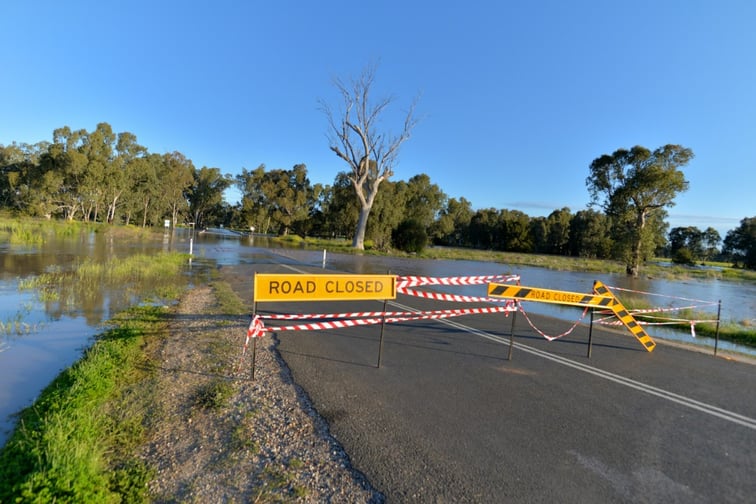

The National Insurance Brokers Association (NIBA) is calling on the government to fill gaps in its disaster mitigation strategy, including providing grants to Australian homeowners in disaster-prone areas.
In a pre-budget submission, NIBA said that expanding the newly established Disaster Ready Fund will help homeowners in disaster-prone areas to undertake urgent household-level disaster mitigation projects. It also claimed that the program would:
“For many communities, public mitigation works will have little impact on improving resilience to natural disasters, for example, communities regularly impacted by tropical cyclones. In these areas, household-level mitigation measures can be successful in increasing disaster resilience, as well as complementing public mitigation measures such as flood levees,” NIBA said in a statement.
According to NIBA, the Disaster Ready Fund could fund the following measures:
NIBA CEO Philip Kewin said that the concerning increase in frequency and severity of natural disasters in recent years has emphasised the urgent need for effective mitigation measures to make communities and properties more resilient to the impacts of these events.
“While governments play a crucial role in disaster response and recovery, it is equally important to invest in proactive measures to reduce the risks and associated costs of these events,” Kewin said.
